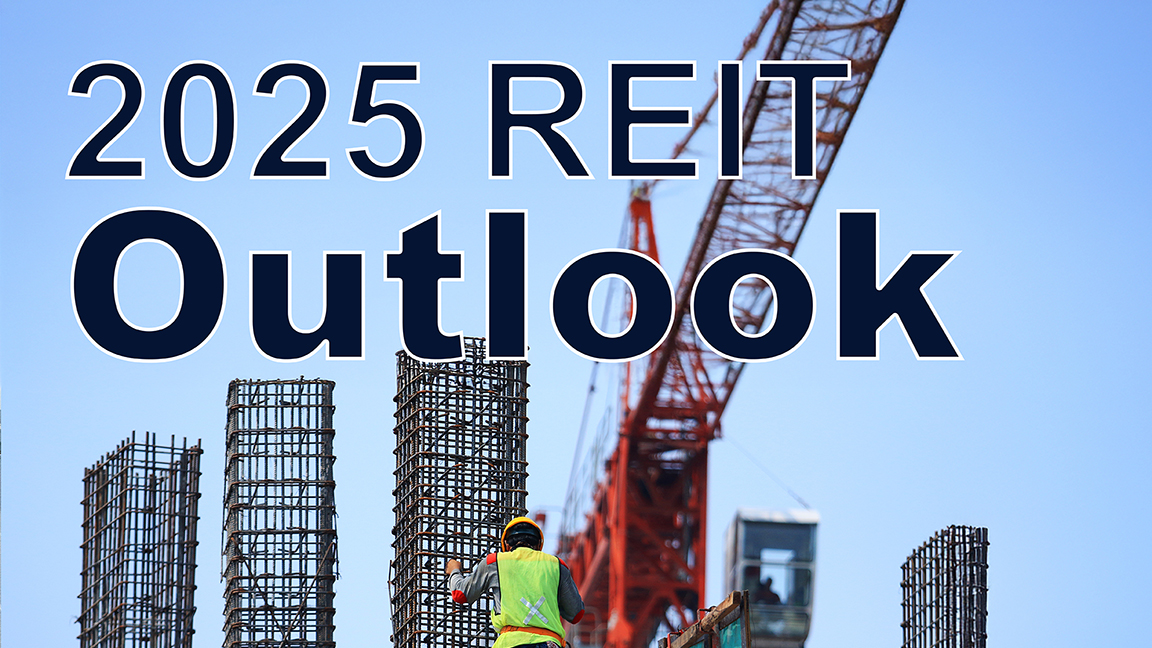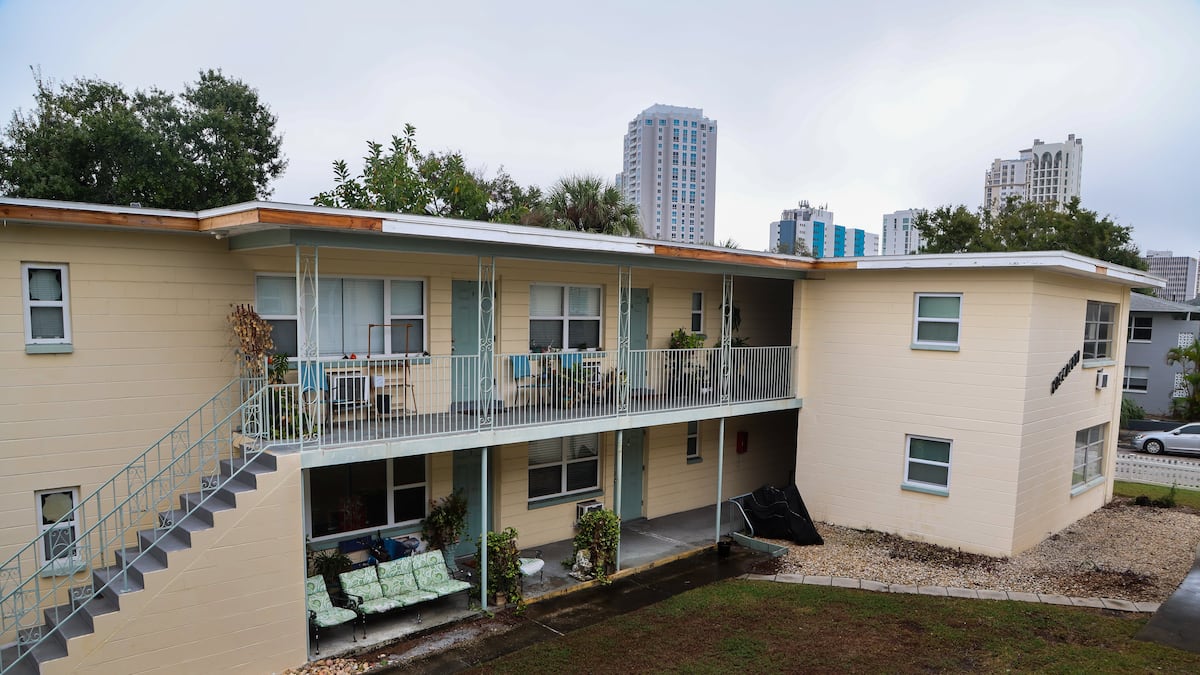U
nlocking the Stifled CRE Market
The US economy is experiencing healthy growth, low unemployment, moderate inflation, and limited recession fears, creating an ideal environment for commercial real estate (CRE). However, the market remains stagnant due to supply and demand imbalances, softening fundamentals, public-private valuation issues, and muted transaction activity. Despite these challenges, a brighter CRE outlook may be on the horizon.
Three key factors could unlock the property market's potential:
1. An economic soft landing: The Federal Reserve is poised to engineer another successful soft landing for the US economy, which would benefit the broad CRE market.
2. Public-private real estate valuation reunion: Monetary policy easing and declining interest rates are expected to close the public-private cap rate gap, fueling REIT outperformance in 2025.
3. Property transaction market revival: As public and private real estate values become more aligned, the CRE transaction market is likely to regain its footing.
Executing these three keys would reenergize the broad CRE market and benefit REITs. In this environment, REITs are expected to maintain their competitive edge over traditional property investors due to their best-in-class operator knowledge, disciplined balance sheets, and efficient access to cost-advantaged capital.
However, notable downside risks exist, including debt market uncertainty, potential inflation and deficit increases, high tariffs, and trade conflicts. CRE investors should remain mindful of these risks and property fundamentals, which could disrupt economic outcomes.
The Weight of Soft Property Fundamentals
While some sectors face supply-demand imbalances, declining occupancy rates, and moderating rental growth, REITs have maintained higher occupancy rates than their CoStar counterparts. Active fund managers are increasingly targeting modern economy sectors with robust fundamentals, such as data centers, telecommunications, healthcare, and self-storage.
A Valuation Reunion for Public and Private Real Estate
The public-private real estate valuation phenomenon has hindered significant property transaction activity. However, REIT performance has made progress in closing the gap between implied and private appraisal cap rates. If this trend continues, interest rates will likely play a critical role in the valuation adjustment process.
REITs are Poised for Growth
REITs have maintained their unique characteristics in the CRE marketplace, including best-in-class operator knowledge, efficient access to cost-advantaged capital, and disciplined balance sheets. They have ready access to various capital sources, including equity, debt, and joint venture partnerships.
A Property Transaction Market Revival
As public and private real estate values become more aligned, the CRE transaction market is likely to regain its footing. REITs will be well-positioned to enter a growth cycle due to their disciplined balance sheets and access to cost-advantaged capital.
2025: A Brighter Investment Outlook for CRE and REITs
Going into 2025, three keys may help reenergize the current stagnant CRE market: an economic soft landing, public-private real estate valuation convergence, and increased property transactions. REITs will likely be poised for growth in a more robust CRE market due to their disciplined balance sheets, low debt costs, and greater access to various capital sources.















